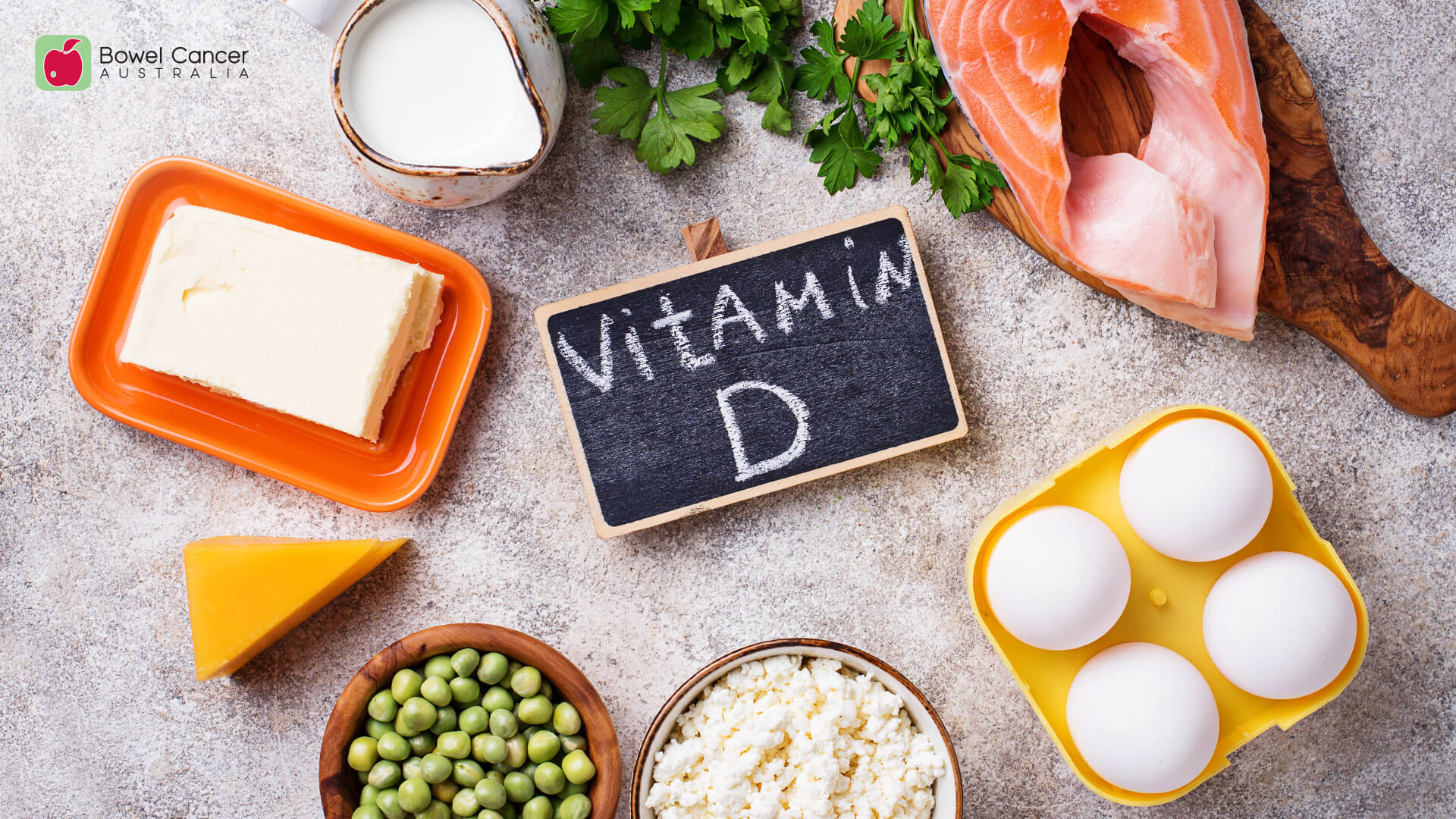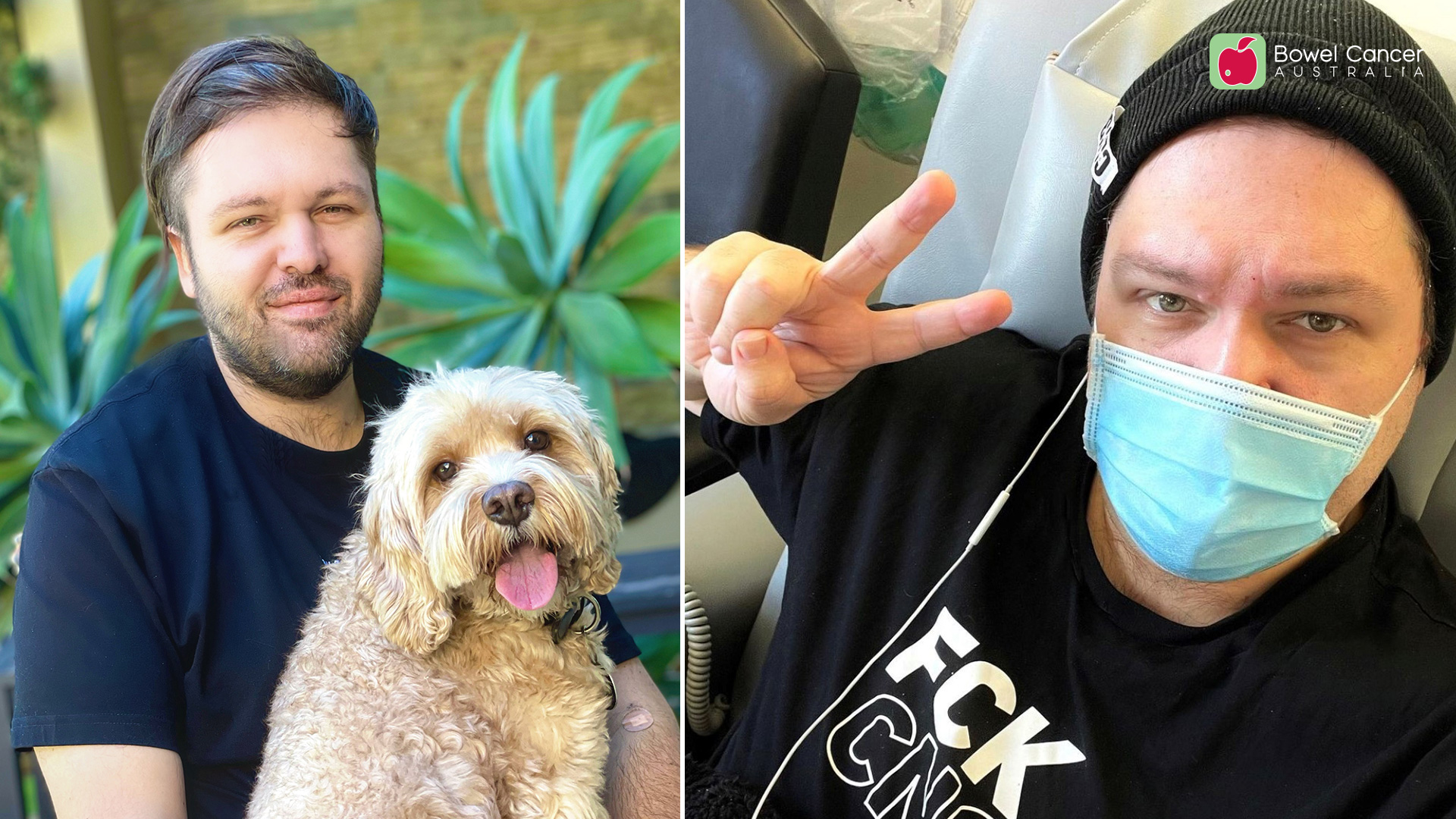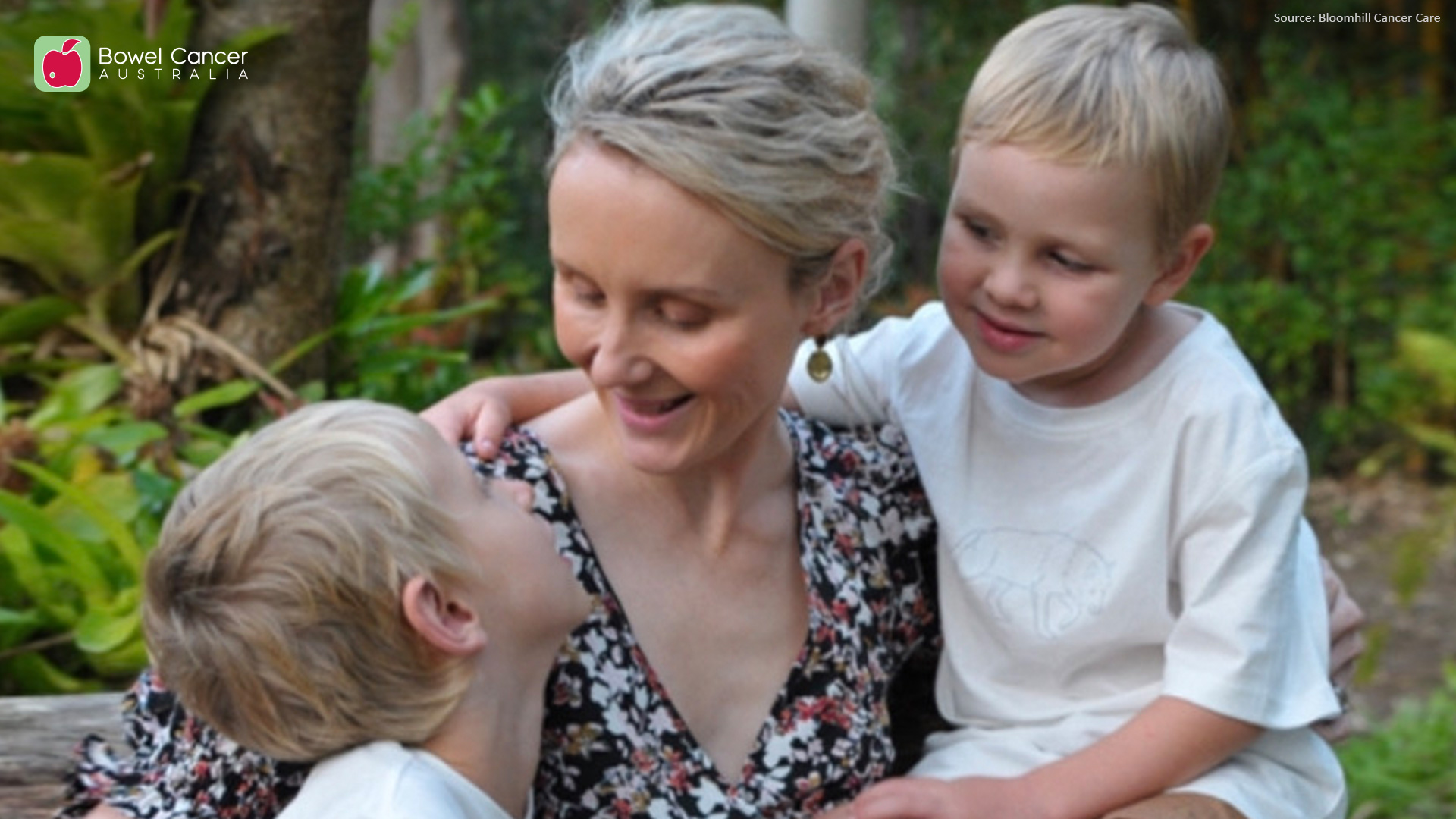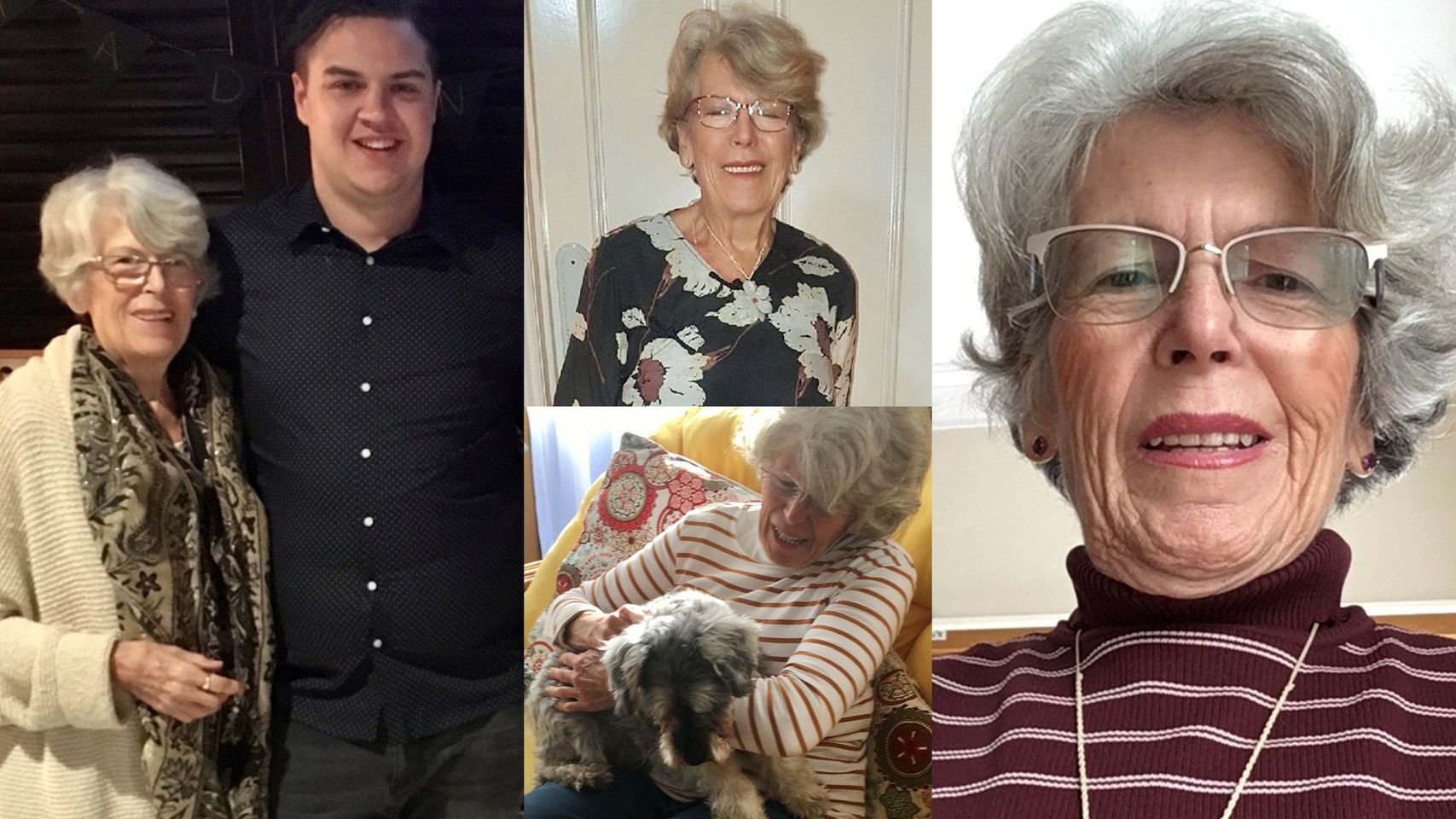Media centre

Fruit and vegetables are an excellent source of fibre, and with 30% of your dietary fibre needing to derive from food sources, adding fruit and vegetable into your daily diet is an excellent way to achieve this.
- Details
- Details
- Details
- Details
- Details
“When I was first diagnosed with bowel cancer, looking after my mental health was one of those things that was at the bottom of my list because I was trying to stay alive physically,” said Wendy, a mother of three, who was diagnosed with metastatic bowel cancer last year.
Although focusing on the body is incredibly important, so too is the state of your mind.
- Details
My name is Rob and at the age of 43, I was diagnosed with stage 4 rectal cancer that metastasised (spread) to my liver.
Normally, I would be training for my next Ironman or running events or training others to do the same. Instead, I’m training (fighting) to get to the most important finish line of my life!
This World mCRC Day, let’s come together, spread the word on awareness, take up the fight as one world, and kick bowel cancer in the arse!
- Details
Antibiotics are used to treat bacterial infections. Some are highly specialised and are only effective against certain bacteria.
- Details
From 1 August 2021, patients with unresectable or metastatic bowel cancer that is mismatch repair deficient (dMMR) will have a new treatment option, with the subsidised listing of Keytruda (Pembrolizumab) on the Pharmaceutical Benefits Scheme (PBS).
Tumours with the dMMR biomarker contain abnormalities that affect the proper repair of DNA inside the cell.
- Details














